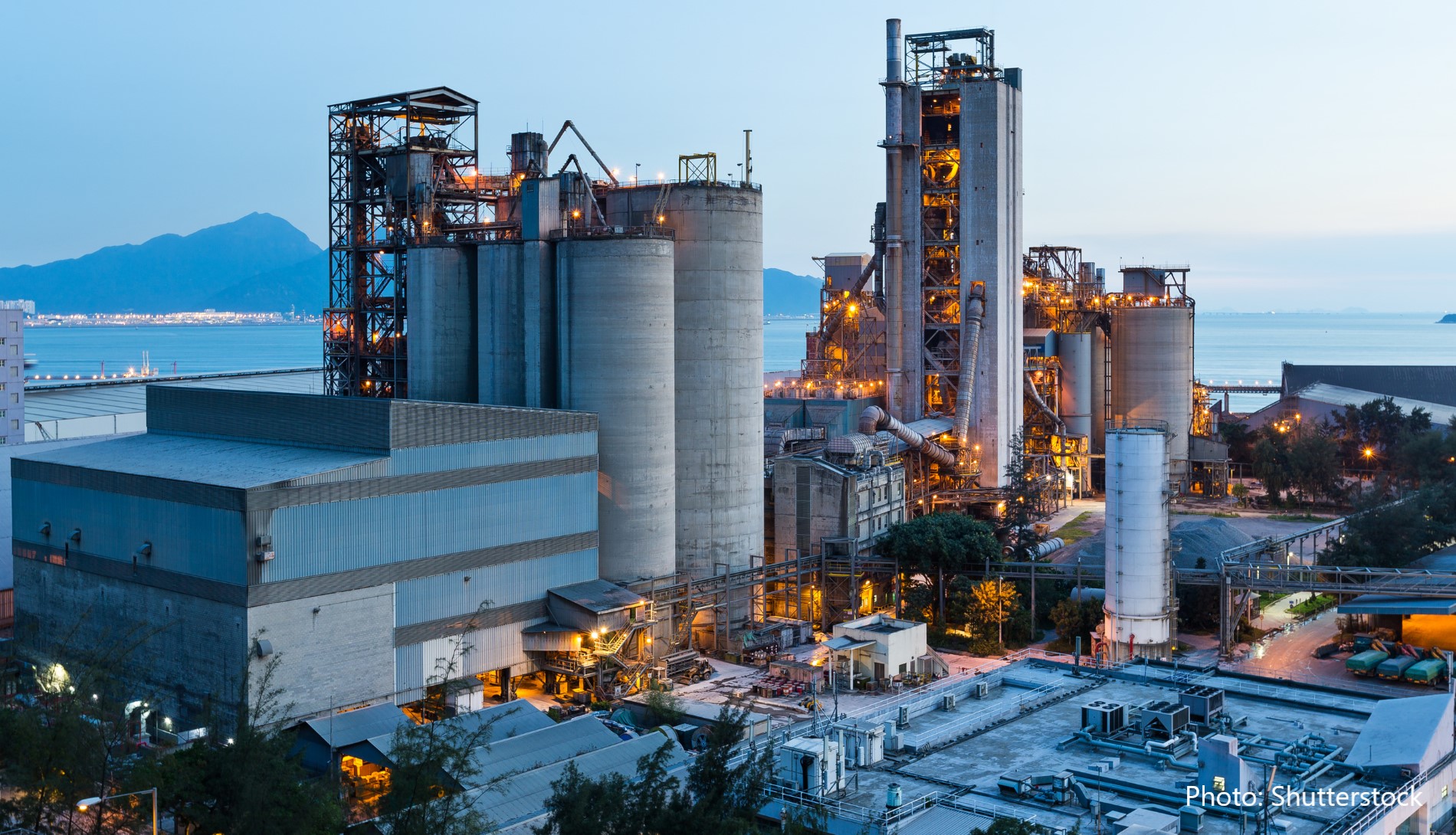Industrial subsidies can distort fair conditions to compete and therefore detrimentally effect the level playing field with regard to global trade. Based on new analysis by the OECD the G7 aim to work towards a multilateral framework that improves transparency about the use of subsidies, adequately addresses trade distorting effects of subsidies and thereby reduces harmful effects on trade.
To enhance the openness and transparency of the G7 work on the level playing field in international trade, the Federal Ministry of Economic Affairs and Climate Action (BMWK) and the OECD Berlin Centre held a webinar on 2 September 2022, collecting input from civil society ahead of the upcoming meeting of the G7 trade working group.
In his opening statement, Dominik Schnichels (BMWK) highlighted the importance of the subject for the G7 and WTO. Marion Jansen (OECD) then presented OECD analysis on the use and transparency of industrial subsidies. In the following discussion, Mikko Huotari (Mercator Institute for China Studies), Gabrielle Marceau (WTO) and Marion Jansen explored possible ways to enhance openness about the use of subsidies and reduce their harmful effects on trade.
Video:
Presentation given by Marion Jansen:
Further reading:
G7 Trade Ministers’ Statement (15 September 2022)
Subsidies, Trade, and International Cooperation. OECD report (22 April 2022)
Messung von Verzerrungen auf internationalen Märkten: Finanzierung unter Marktniveau. OECD Policy Brief (27 May 2021)
Measuring distortions in international markets: Below-market finance. OECD Trade Policy Paper (12 May 2021)
Reforming industrial subsidies usage through the WTO: process proposals. Article by Peter Draper and Naoise McDonagh on the OECD Development Matters Blog (14 January 2021)
Subsidies and countervailing measures. WTO thematic page

